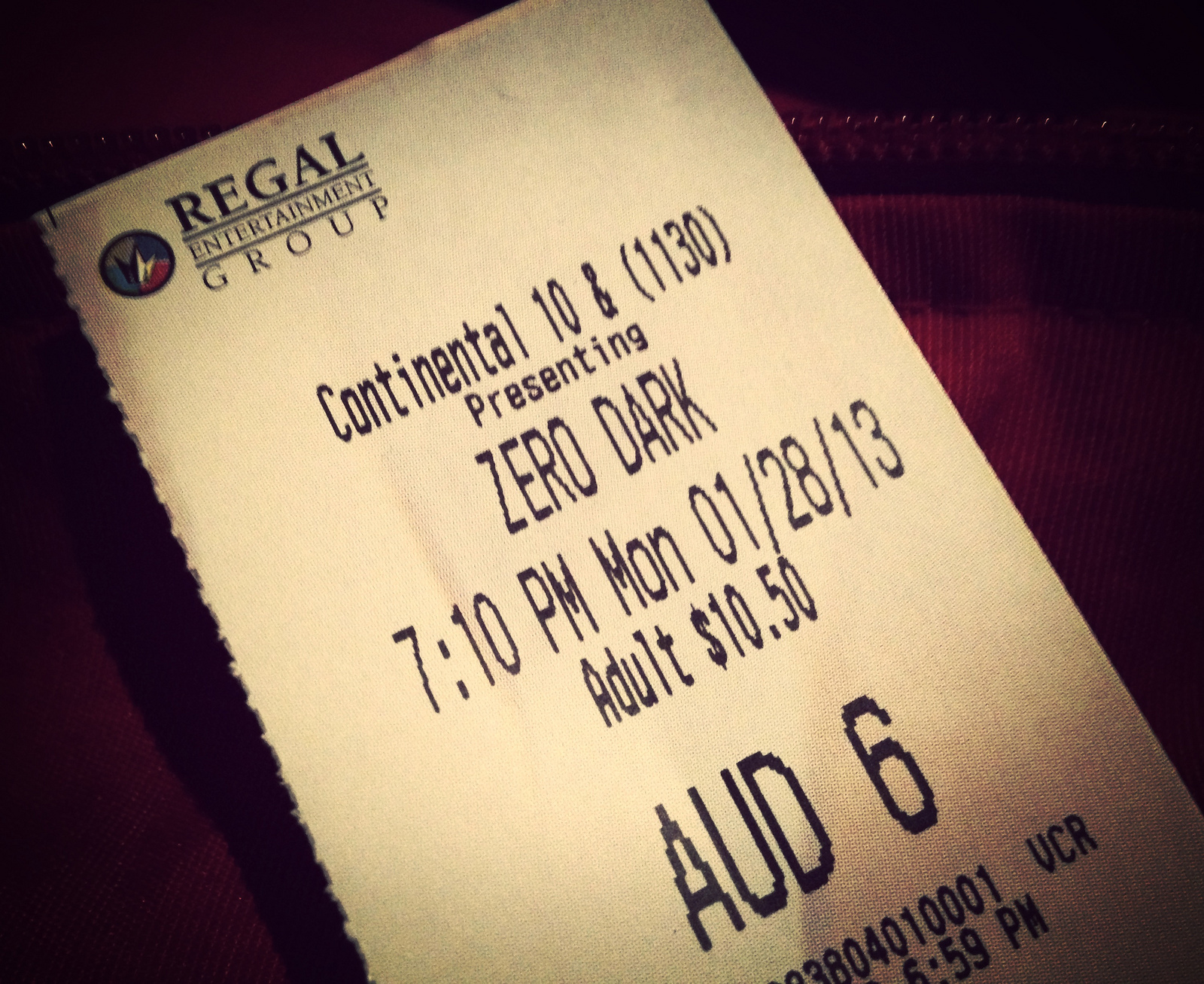A Yemeni child bride dies of internal bleeding three days after getting wed, A young woman holds the position of mosque administrator at a large Netherlands mosque, an Indian Muslim university is questioned after a homosexual professor is found dead in his apartment, and an LA Times correspondent explores the increased prevalence of the niqab over the past two to three decades in Yemen.
This week, the death of a 13-year-old Yemeni child bride headlines most major publications.The Associated Press reports that the 23-year-old groom, Abed Al-Hikmi, took performance enhancing medication after being denied tranquilizers by a medical clinic to make his bride less resistant to his advances. The young girl suffered severe tears in her vaginal canal and rectum. Moments before dying of internal bleeding, she told her mother that Al-Hikmi tied her up and violently had sex with her. Al-Hikmi and the girl’s brother arranged their marriages to each other’s sisters to avoid paying high bride prices. This incident comes on the heels of a recent repeal of a bill to ban marriages before the age of 17 for girls and 18 for boys.
A mosque administrator, in charge of hiring imams and managing finances, is a 24-year-old woman, Yassmine El Ksaihi, at a large Dutch mosque — a rare position for women to hold reports the Associated Press. The Polder Mosque seeks to make Islam more accessible to young Muslims by conducting sermons in Dutch, as opposed to Arabic, and by promoting some secular western values along with Islamic tenets. Experts say there is a growing trend across Europe where young Muslims are avoiding traditional mosque settings and seeking out casual settings for prayer and study groups.
Dr. Srinivas Ramachandra Siras, a professor at Aligarh Muslim University(AMU) in Uttar Pradesh, India, allegedly committed suicide two months after he was suspended from his position due to a video presented to AMU officials by two TV journalists. The unauthorized video sting operation revealed Siras having consensual sex at his private residence with another man. University officials now face tough questions regarding the suspension and why they did not conduct a probe of the unauthorized sting operation, reports the Times of India.
A Los Angeles Times correspondent, Haley Sweetland Edwards reports on her birds eye view of Yemeni women in both public and private spheres; cloaked and uncloaked. She describes the vibrant women in elaborate, colorful dress at a women-only bridal shower at which she discusses the prevalence of the niqab in Yemen. With mixed opinions, the women discuss the rise in influence of the Salafists and conservative political groups in Yemen over the past two decades which has led to the widespread donning of the niqab — prior to which many Yemeni women dressed in western attire and ethnic dresses, and ate publicly with men.
Shazia Riaz is Associate Editor of Altmuslimah.



